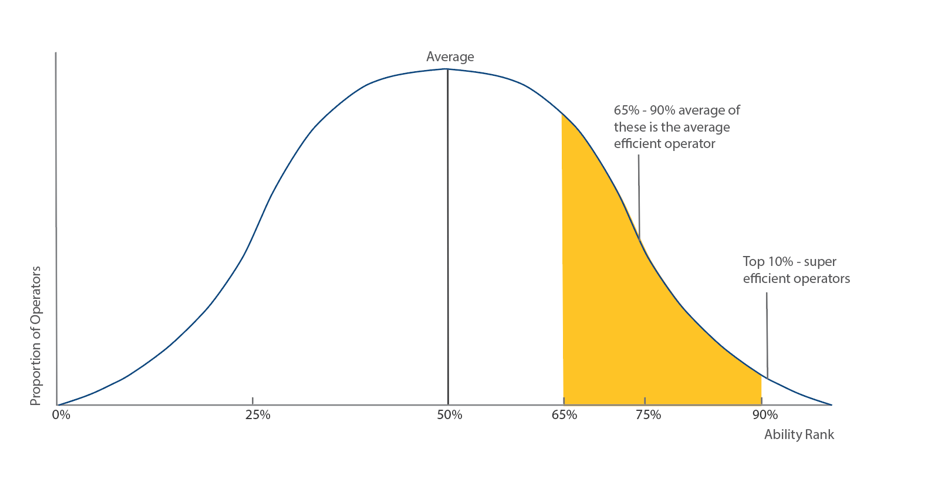By Greg Petersen
When purchasing rural property, you don’t want to offer too much and pay more for a farm than its production can support, alternatively you do not want to offer too little and miss out on securing the land. A registered Rural Valuer will help you ensure that your offer is reflective of market value and is supported by the production attributed to the land.
The vast majority of rural properties are bought and sold on the basis of their productive capacity. But farming operations vary in both the physical resources, and the level of management employed. When a rural property is sold, the physical land and buildings transfer to the new owner, however the managerial ability (good or bad) of the previous owner does not.
Of course there are always exceptions, particularly with iconic high country properties with x-factor appeal, distressed sales, sales of properties between family members and sales of properties to adjoining owners.
In simplified terms the value of the land is represented as the present value of all future economic benefits attributable to the land. In order to make smart purchasing decisions and as part of your due diligence process it is wise to determine the average efficient production of the property under consideration. This will give you a comparative gauge on its productive capacity and will help you to isolate specific management factors when relating property values to a productive system.
As with any business model there are a range of management abilities leading to vastly different results. This can be related to a number of factors from inherent managerial ability through to education and access of capital. The more efficient farm operators tend to produce greater profits than the less efficient operators and therefore it is logical to assume that the better farm operators can generate the greater profit and thus more likely to be active in the property market. Competitive tension among the efficient operators creates the market price.
On this basis, Rural Valuers assess a property on the level of production that a competent efficient manager can produce off the land using standardised levels of inputs. This allows us to compare properties on the basis of their physical resources rather than the skill of their current management. In our assessments, we use as a guide both historical farm production data from the property and our knowledge of what other similar properties can achieve. In our valuations we also analyse whether the current production under existing farm practises is achievable into the future, taking also into account the regulatory framework.
The average efficient level of management is not formally defined but experienced Rural Valuers are of the view that the following graph indicates the range of ability within which the average efficient operator sits:

In Canterbury, we have seen instances of dairy farm properties marketed for sale with artificially high levels of milksolid production, boosted by excessive levels of brought in supplementary feed. Whilst a high input, high cost farming system may work well with record farmgate milksolid payouts, this farming system may not produce the highest profits on a consistent basis. In this instance we would consider that the average efficient level of production is sometimes less than the actual production.
On the other hand, where a property has been conservatively farmed, our assessment of average efficient production may be greater than actual production, where an incoming purchaser seeks to lift production by the adoption of modern average efficient management techniques.
Farmers throughout the country are currently coming to terms with an era of increasing regulation on farm management practices in order to address environmental concerns.
As the purchase price of a farm is guided by the present value of the future benefits, the assessment of average efficient production needs also to fully consider how planning regulations may impact on future farming systems and land use.
Some farmers will have to modify their farming system to comply with nutrient management regulations. These measures may include reducing the stocking rate, fertiliser use, the use of supplementary feed, and investing in infrastructure to mitigate nutrient losses and can potentially have a great impact on farm profitability and thus on the property value.
The concept and assessment of “average efficient” carrying capacity or production is fundamental to the valuation of rural farm land and should be an important part of your due diligence process. Engaging a registered Rural Valuer will help you avoid paying too much for an unsustainable operation and also identify farms with scope for improvement and adding value.
Greg Petersen is an Associate Director and Registered Valuer at Colliers International Rural & Agribusiness.
This article first appeared in NZFarmer. Visit nzfarmer.co.nz for the latest rural news and Kiwi farming headlines.
31 Mar 2017

